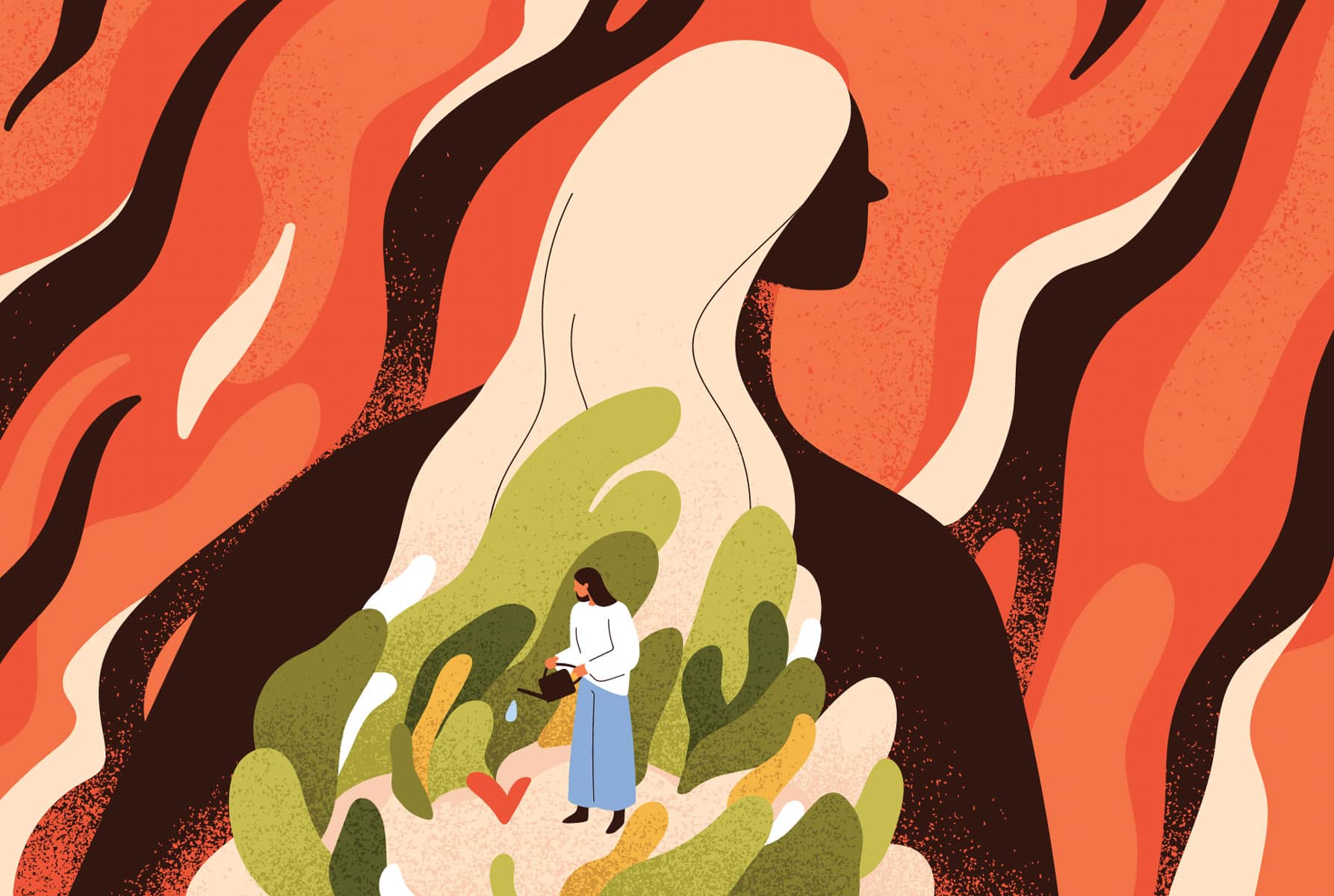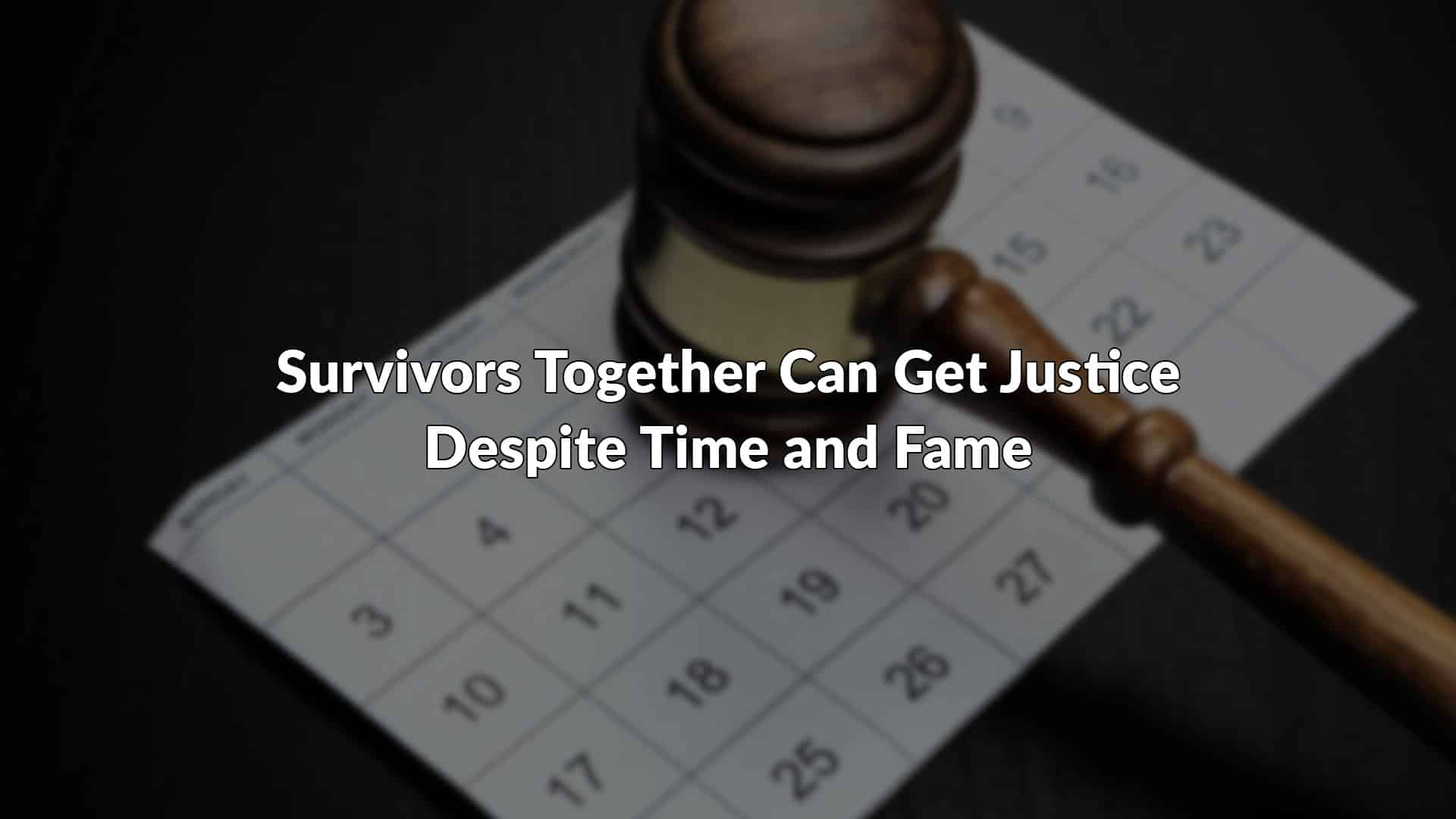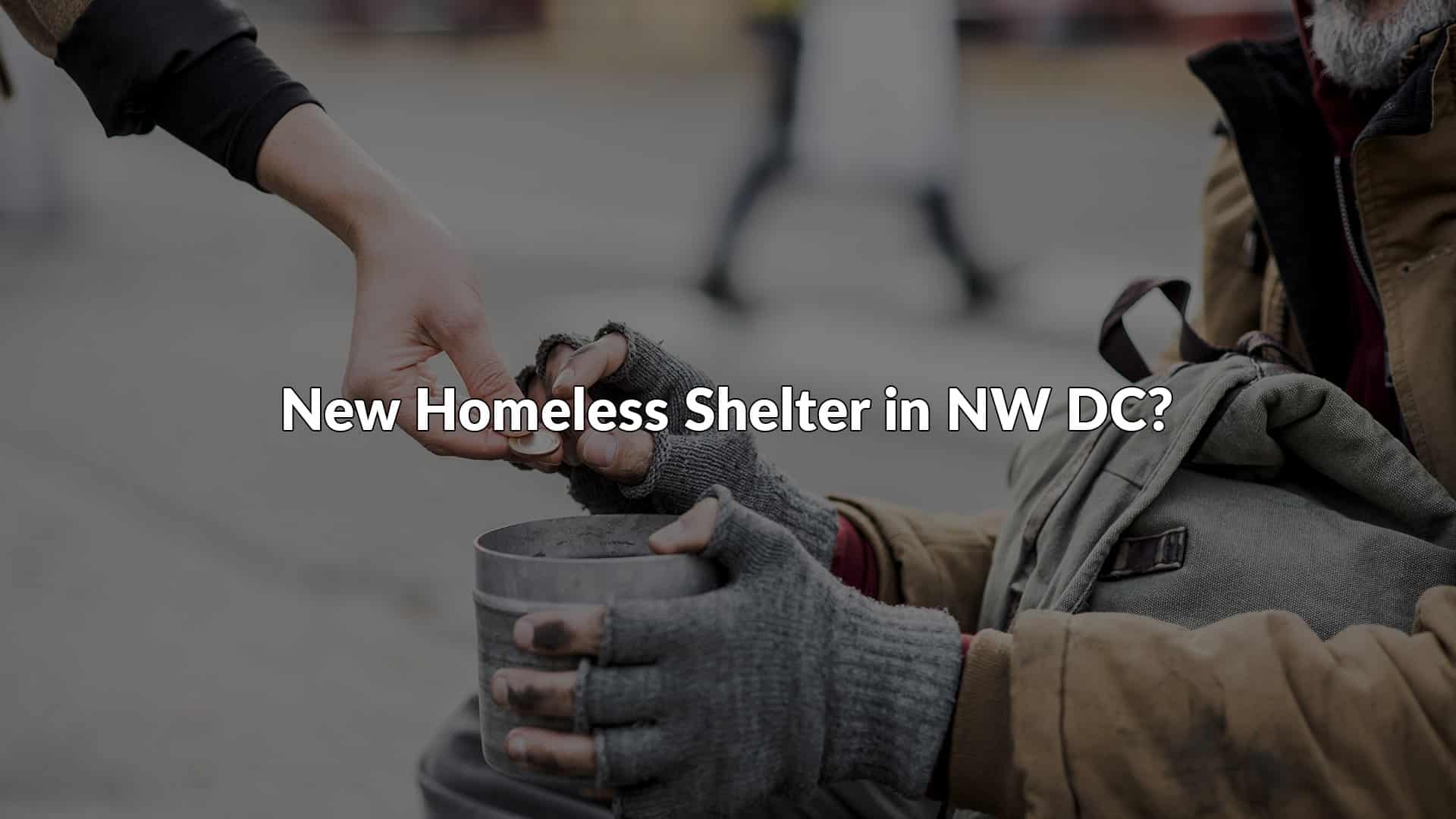The Amara Legal Center estimates that every year roughly 500 individuals seek services due to their victimization through sex trafficking in the D.C. metro area. The FBI identified D.C. as one of 14 cities in the U.S. with the highest incidence of commercial sexual exploitation of children. The National Human Trafficking Resource Center notes that because of D.C.’s location near major highways and Baltimore’s proximity, D.C. is a “significant part of East Coast sex trafficking circuits.” They also state that phone calls placed for help were made at a rate that was the 16th highest in the nation, despite the population of D.C. being far lower than the average U.S. state. The actual number of survivors in D.C. is likely much higher than statistics show, as the majority of survivors remain hidden from the public and may not seek legal or social services.
There is no consensus on the best way to address the issue of sex trafficking in the D.C. area. However, the Amara Legal Center, while providing legal services to individuals involved in commercial sex regardless of entry, has noticed that laws criminalizing prostitution often end up harming the same population that our society seeks to protect.
Laws criminalizing prostitution leave survivors of sex trafficking open to manipulation by law enforcement and prosecutors. It is often the case that state actors fail to realize the complex relationship between a pimp or trafficker and the individual facing force, coercion or exploitation. In failing to understand the complex relationship, Amara has noticed that these actors lash out against our clients because they are angry and frustrated that our clients may not want to identify or testify against their exploiters.
In Amara’s experience, police have threatened to arrest or “lock up” our clients if they do not testify against their traffickers. Prosecutors have told our clients that they will be arrested for the sole purpose of getting that individual to turn on their pimp. Through using harsh manipulation tactics, it seems as though law enforcement is acting no better than those who harmed our clients in the first place.
Using these tactics against survivors is not only wrong, but can be harmful. Testifying against pimps and traffickers can be dangerous and survivors justifiably fear retribution. Law enforcement who fail to be mindful of a survivor’s experiences can end up re-traumatizing a survivor in the quest for justice. Furthermore, manipulating a survivor as a pawn to prosecute traffickers is counterproductive. Survivors who are threatened by law enforcement are not good witnesses. They may fail to testify as expected, not testify at all or end up taking a prostitution charge over testifying against a pimp. Decriminalization would remove this avenue for further exploitation of survivors.
Finally, it is important to think about life after sex work. For those who do not want to remain in the life, society should make it easier to leave sex work, not harder. However, criminalizing prostitution makes it harder for survivors to leave sex work because a criminal record impacts so many other areas of life.
A criminal record only serves to further marginalize those involved in commercial sex. The consequences of a criminal charge are harsh and far reaching. These consequences can include decreased access to housing, employment, and other necessary services. A national survey of human trafficking victims by the National Survivor Network in December 2015 revealed that 80% of survivors reported barriers to employment because of their criminal record and 50% reported barriers to housing because of their criminal record. Some of Amara’s clients have reported that their traffickers purposely set them up to receive a criminal record for prostitution as a form of punishment and control.
Survivors of trafficking and sex workers face many of the same harms from laws criminalizing prostitution and related offenses. While there is ample room for debate on what other model would successfully reduce or eliminate sex trafficking, the current model of criminalizing prostitution and related offenses exposes individuals engaged in the sex trade, whether through choice, circumstance, force, fraud, coercion or otherwise to criminal prosecution, manipulation and control by state actors and traffickers and reduced access to housing, education, employment and other services.
Instead of focusing on punishing and further exploiting those involved in sex work, governments should focus on adequate training to identify survivors and cooperate with them to properly address the wrongs committed against them.
In fact, Amara Legal Center attorneys have seen great success in this arena when they have represented the rights of their victim-witness clients before law enforcement. Amara attorneys have served as both advocates and intermediaries. It is our goal to ensure that our clients who want to testify against their abusers are afforded this opportunity in the safest manner possible. Anecdotally, we have seen that clients who desire to testify against their abusers are more likely to actually testify when their interests are represented by their own attorney. Likewise, it is also our goal to ensure that our clients who do not want to testify are protected from harassment and threats from law enforcement.
By Yvette Butler
Yvette Butler is a Staff Attorney with the Amara Legal Center. Amara provides free legal services to anyone harmed while involved in commercial sex, whether that involvement is the result of choice, circumstance, force, fraud, or coercion. Amara’s work is trauma-informed and centers on obtaining results that empower our clients and respect their wishes. Our work includes criminal record sealing, criminal defense, divorce, child custody, civil protective orders, civil rights litigation and victim-witness advocacy.



